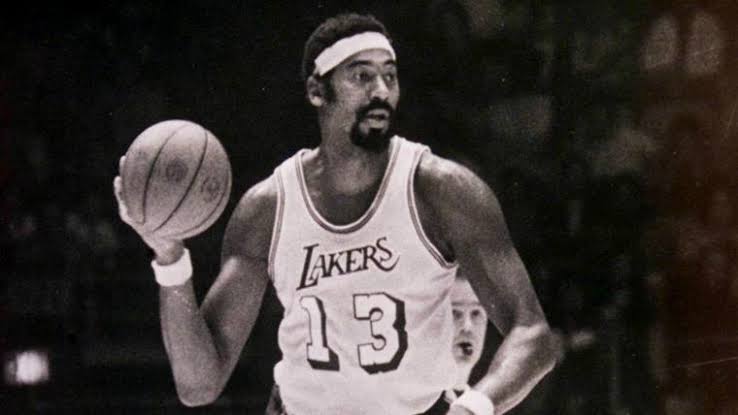Wilt Chamberlain’s Unique Zero-Point Game and Lasting Legacy
Wilt Chamberlain, known for his numerous NBA records in the 1960s, holds remarkable achievements like scoring 100 points in a game and grabbing 55 rebounds. His season records include averaging 50.4 points, 27.2 rebounds, and 48.5 minutes per game, and he was the first to shoot over 50% from the field for a season. Chamberlain’s versatility is highlighted by records like the most consecutive triple-doubles (9) and a double triple-double (22 points, 25 rebounds, 21 assists).

However, on March 27, 1973, Chamberlain scored zero points in an NBA game. Incredibly, he played 46 minutes without making a field goal or free throw. In the Lakers’ following game, the last of his regular-season career, he scored just one point, shooting 0-for-1 from the field and 1-for-2 from the line.
By the early 1970s, Chamberlain’s role had shifted from his high-scoring prime. Although no longer likely to score 50 points in a game, Chamberlain’s wisdom and game knowledge had increased. During the 1971-72 and 1972-73 seasons, he averaged 14.0 points per game but maintained an impressive 72.7% shooting percentage in 1972-73, a single-season record. Despite fewer shots, Chamberlain’s efficiency was unmatched.
More importantly, Chamberlain excelled in rebounding and passing, averaging 18.9 rebounds per game over his final two seasons, leading the NBA both years, and contributing 4.2 assists per game to teammates like Jerry West, Gail Goodrich, and Jim McMillian. His defensive prowess earned him spots on the NBA’s All-Defensive First Team in 1971-72 and 1972-73, helping the Lakers rank second and third in defensive rating those seasons.
Chamberlain’s zero-point game was misleading in terms of his overall contribution. In that game, he recorded 14 rebounds and four assists. In the subsequent game, where he scored one point, he added 18 rebounds and nine assists. His performances leading up to these games were dominant: on March 21, 1973, he had 19 points, 20 rebounds, and seven assists; on March 23, 1973, 19 points, 24 rebounds and seven assists; and on March 25, 1973, 20 points, 20 rebounds, and three assists. Notably, in the previous year’s NBA Finals against the New York Knicks, Chamberlain clinched the championship for the Lakers with 24 points, 29 rebounds, four assists, and an estimated 10 blocks.

The zero-point game might have been a deliberate act by Chamberlain, known for his unconventional ways of making statements. Often criticized, he enjoyed proving his detractors wrong. For instance, in college, he developed a fadeaway jump shot to show that a 7-foot-1 player could have finesse. Similarly, when his coach on the 76ers, Alex Hannum, suggested he couldn’t score like before, Chamberlain responded with games of 68, 47, and 53 points in 1968, only to revert to a more balanced scoring approach afterward.
For a man who created statistical marvels at will, a game where he scored no points might have been another way to challenge himself and make a point. Chamberlain’s career is filled with such paradoxes that highlight his extraordinary abilities and competitive spirit.
Ultimately, Wilt Chamberlain’s legacy is not confined to his scoring records. His overall impact on the game, his rebounding dominance, defensive skills, and passing ability made him one of the most versatile players in NBA history. The zero-point game stands as a curious footnote in a career defined by unprecedented achievements and a profound influence on basketball.



